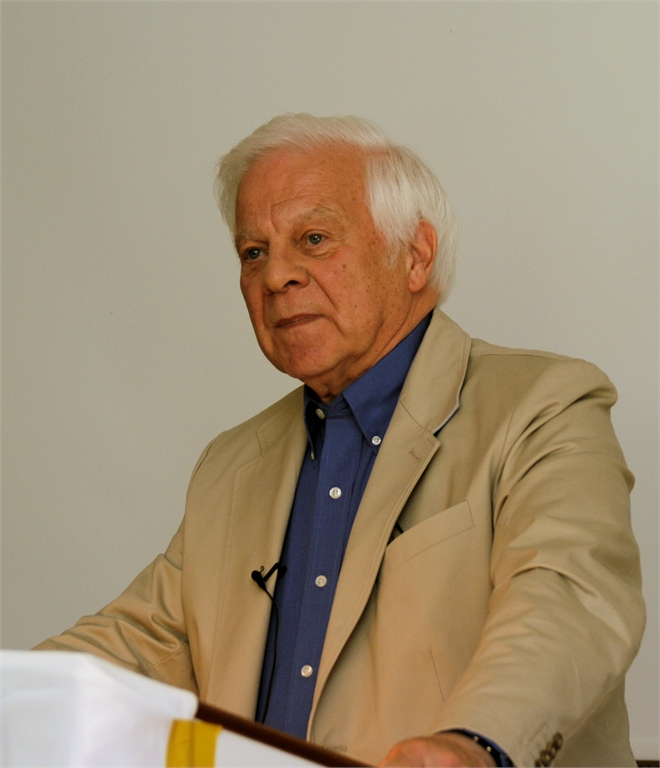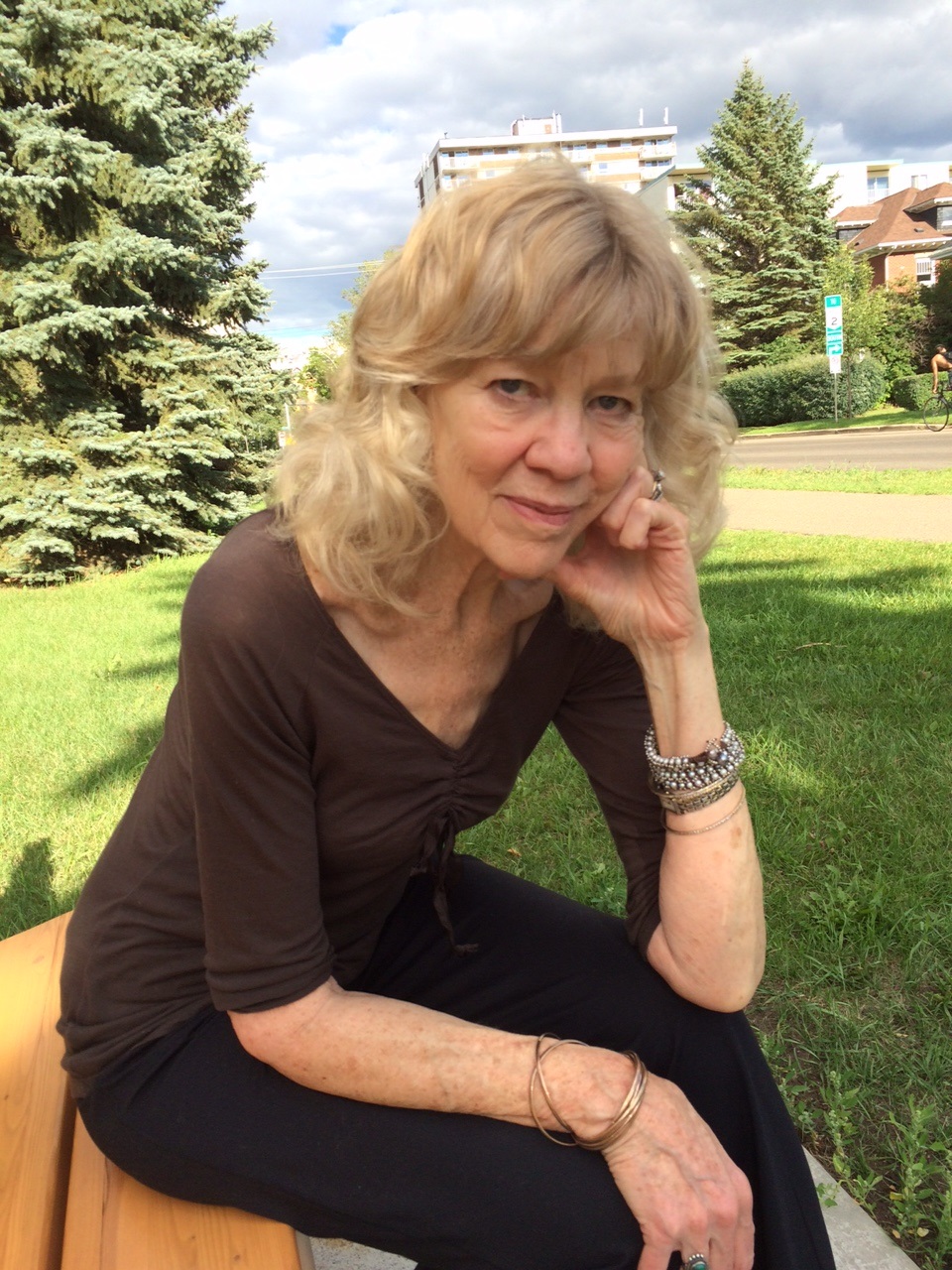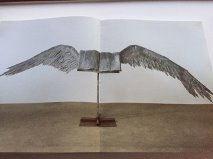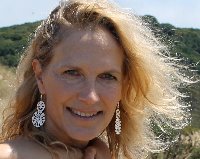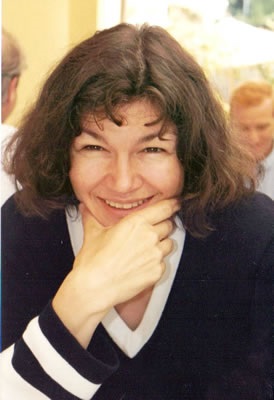In 1913 Jung asked himself this question: “What is my myth?,” and realized that he could not answer. Can we? First we have to understand what is meant by myth, and then what the question itself means. Why we have to even ask this question is still another question. What is the cultural context in which we raise these questions, and how do our personal journeys intersect with the climate of our time are still other questions. This presentation will raise these questions, offer putative approaches, and challenge the participant to a more thoughtful engagement.
Season: Spring 2016
The Personal Myth in Turbulent Times
Our workshop will elaborate on the questions raised in the presentation before, and provide questions which will provoke the participant to personalizing the issues. Please bring pad and pen on which to reflect and to write.
Forging our Individual and National Character: The Images of Anselm Kiefer as a Portal into the Nature of Conscience
Jung offered us a compelling theory about the development of conscience. He suggested that conscience relies not only upon communal mores, but also upon an inner voice, upon one’s connection to the archetypal realms. He noted that these realms are often difficult to bear but that with analytic fortitude one could turn towards our shadows, ultimately forging a psychological wholeness. It was his insistent belief that by doing so, by turning towards the dark stirrings of the unconscious, we integrate destructive forces that otherwise remain split off, fueling injustice, chaos, and war. Jungian discourse about the emergence of conscience, along with clinical knowledge about the transformation of narcissism and the healing power of reconciliation processes, has further developed the idea that we can indeed forge flexible and strong character structures, both individually and collectively. These resilient structures, with conscience at their core, enable us to maintain a creative relationship to the destructive forces that have the potential to cast such large shadows in our lives. These reflections will be woven into a chronological review of the works of Anselm Kiefer that detail how an integrated conscience may emerge alchemically from the patient practice of nourishing a relationship between the opposites, individually and collectively.
Forging our Individual and National Character
In this workshop, we’ll focus more specifically on the analytic processes involved in the transformation of narcissism. We’ll also delve into the evolutionary perspectives that emphasize the progressive development of collective empathy, cooperation, and altruism reflecting upon how their enhancement furthers our capacity to access choices with integrity. We’ll hold images from Kiefer as guides into the alchemical world that addresses the enlivening processes of living with the opposites. Into these reflections, we’ll weave writing exercises, as well as active imagination in order to explore the active presence of conscience.
Courting Experiences of the Subtle Body
Between the concrete world of matter and the world of spirit resides the realm of imagination and the subtle bodies. Any life crisis, in which the ego learns it does not have the answers, can open us to this third realm where healing potential and a redirection of life energy reside. And beyond crisis, consciousness can also learn to court the subtle body as individuation unfolds. Many healing arts tap this realm of being where the body and psyche can rebalance and find healing.The entire cosmos and we humans participate in the subtle body mysteries. Dr. Marie Louise von Franz wrote before her death that growing the subtle body before one dies is of utmost value to the life of the soul. This lecture will explore what this means in the reality of our daily lives, and will explore images and experiences of the subtle body in alchemy, dream, myth, poetry and waking life. The aim of the presentation is to help us increasingly recognize and open to experience the dialectic with the subtle body realm present in all life. Attention will also be given to various psyche – body healing arts that tap this realm of being.
Courting Experiences of the Subtle Body
The workshop will apply these themes from the lecture to help participants generate experiences and further openings to differentiated realities of the subtle body states of consciousness. Dreams, active imagination, poignant relevant film clips with group discussion and writing exercises will help provide entry into further relationship with the imagination and the subtle body states of consciousness.
Individuation after 70
Jung said, “The first half of life is devoted to forming a healthy ego, the second half is going inward and letting go of it.” Indeed, he is well known for his theory of adult development and his work on individuation in the second half of life. With this lecture I would like to propose a third phase of life after the first phase (building up a life structure) and second phase (developing a relationship with the inner world). This third phase is especially relevant now as many of us can expect today to live well past the 20th century life expectancy of 65 years old. I have chosen to talk about individuation after age 70 because I want to change this analytical focus on end of life for older adults as a time of preparation for death and instead talk about life and the new possibilities after 70. This phase is not a further continuation of the second half of life but a distinct third ‘half’; a new phase of individuation with its own distinct purpose.
Finding Your Third Phase of Life
Hokusai, the famous 19th c. Japanese artist said, “I became an artist, but nothing I did before the age of seventy was worthy of attention. At seventy-three, I began to grasp the structures of birds and beasts, insects and fish, and of the way plants grow. If I go on trying, I will surely understand them still better by the time I am eighty-six, so that by ninety I will have penetrated to their essential nature. At one hundred, I may well have a positively divine understanding of them, while at one hundred and ten I will have reached the stage where every dot and every stroke I paint will be alive”. In this spirit, and continuing the conversation from the Friday lecture, this workshop will allow participants to explore individual and cultural forms of the Elder and how this relates to one’s own circumstances as well as identify their own source of fears but also passion and life in one’s own aging.
